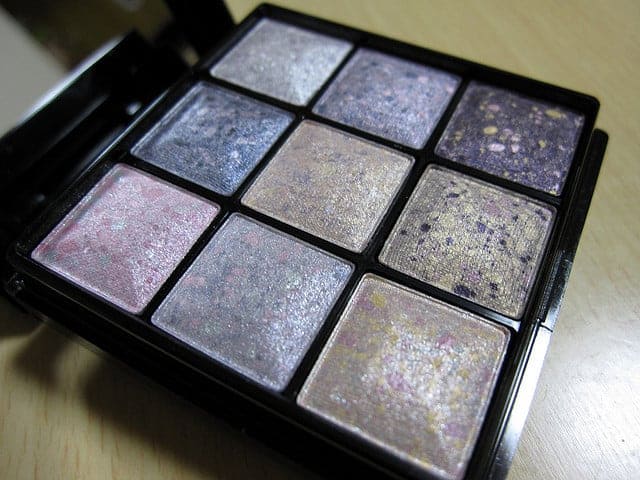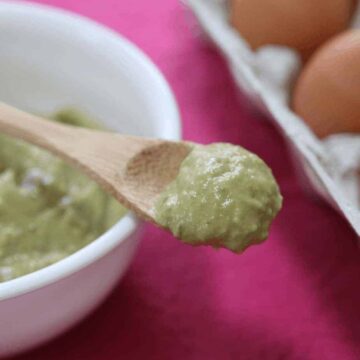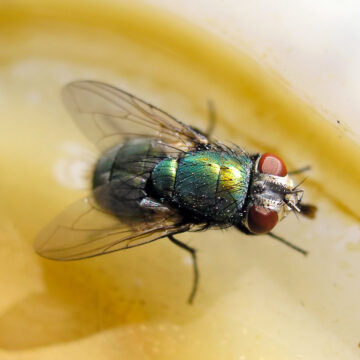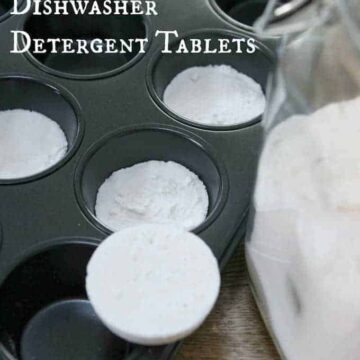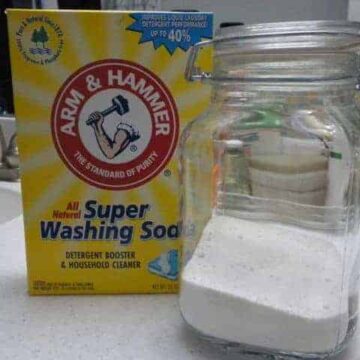I began replacing all the plastic containers in the kitchen since last year since the news about the chemical “Bisphenol-A (BPA)” started to make me worry. Who can forget the whole Nalgene episode and the subsequent premiere of “BPA-Free” labels on their bottles in BIG BOLD letters in colorful circular decals? And how about the Sigg Water Bottle company that quietly took their aluminum bottles off the shelves after EWG’s urging to remove them because their epoxy lining contained BPA?
I wrote about the Endocrine Society’s findings last year and recently, how BPA is found even in toilet paper and pizza boxes.
It’s maddening how BPA is in EVERYTHING!!
What is BPA?
BPA is most commonly used in hard plastics, like those clear tough water bottles – and yes, even those 5 gallon water cooler bottles and some pitchers. It is also used in canned foods – except for some cans like Eden Foods’ Organic Beans. It is even in infants’ formula cans and plastic sippy cups and also in baby food jar lids. And since babies are more vulnerable to toxic chemical exposures, it is especially alarming.
But in cosmetics?
Yes, in cosmetics too. BPA-based polymers may be used in the production of cosmetics, such as lipsticks, face and eye makeup and nail lacquers and it was expected that BPA exposure through this type of dermal contact to be minimal. This is direct skin exposure and depending on the type of cosmetic, there can be frequent exposure.
So, what do we do?
Assumptions cannot be made as to the safety of BPA-containing cosmetics since the government has not provided any evidence as to the effects of these products on human health. So until further research can be done or proper BPA warning labels can be seen on the packaging, we have to minimize BPA exposure ourselves.
- Use cosmetics that come in glass jars or stainless steel containers
- Use organic cosmetics to avoid BPA in the ingredients
- Avoid plastics that are labeled #7 as the hard plastic is polycarbonate that contains BPA
- Although plastic is not labeled #7, some still do contain BPA so do not heat in plastic containers in microwave or wash in dishwasher as high heat can leech BPA into the content. Even if the packaging states it is Microwaveable, it only means that the plastic won’t melt in the microwave; not that it’s safe for humans.
- Avoid refillable hard plastic water bottles without #7 stamp – the chances are, they are polycarbonate.
- Do not eat canned foods – it’s healthier to eat freshly prepared meals anyway so avoid canned foods – especially canned tomatoes as the acid makes BPA leech out. Except for Eden organic beans, even organic foods can’t escape BPA as the linings of cans contain BPA.
P.S. Origins, a cosmetic retailer, will accept any plastic containers, regardless the maker, in their stores. So bring them to the store instead of throwing out the non-recyclable plastic cosmetic containers
CC Image via Flickr

